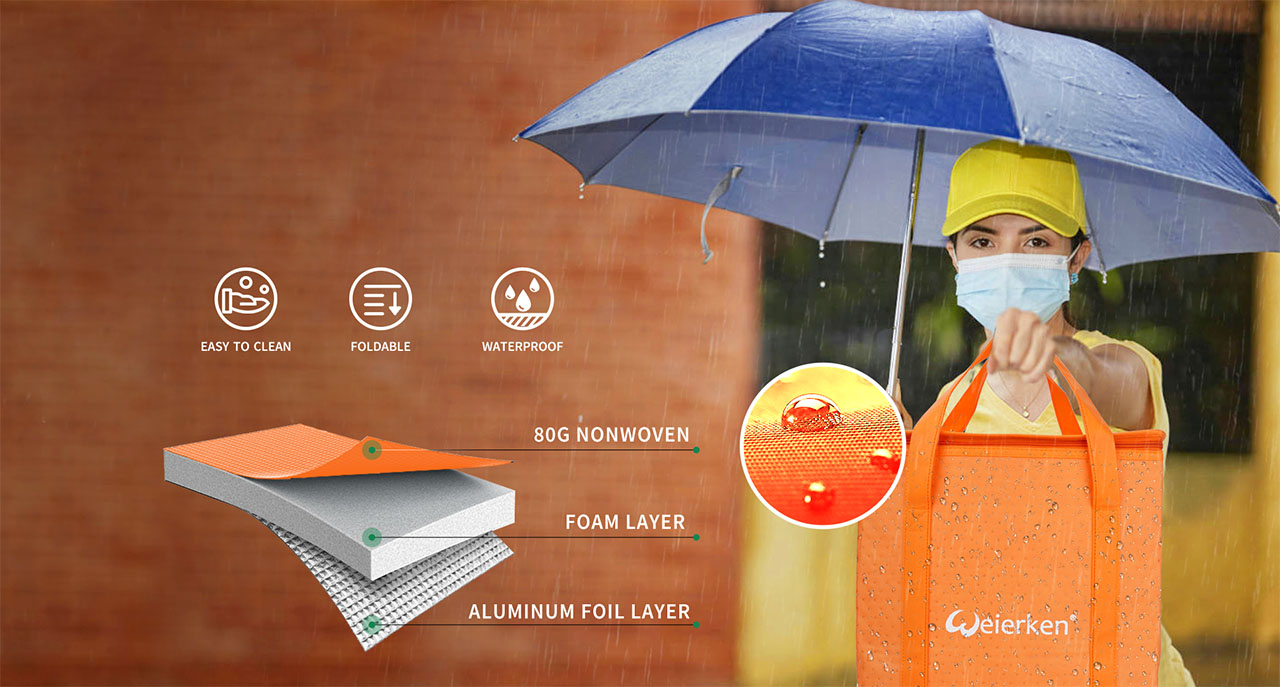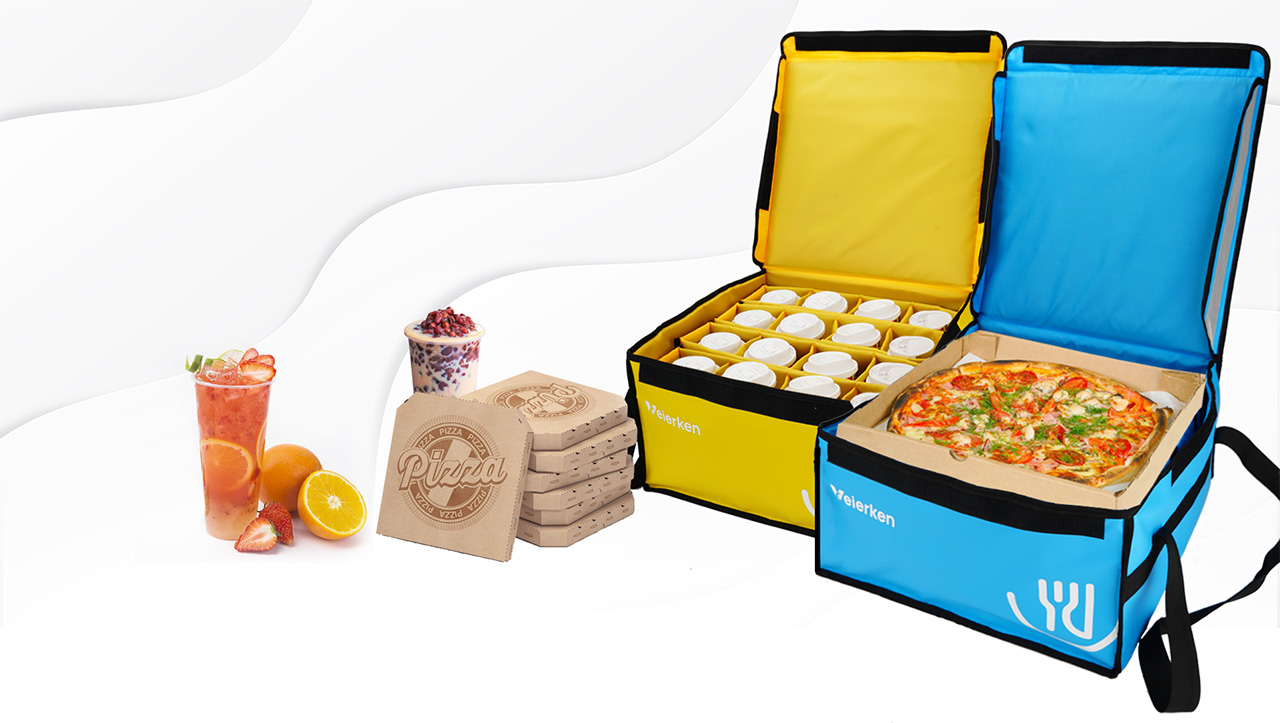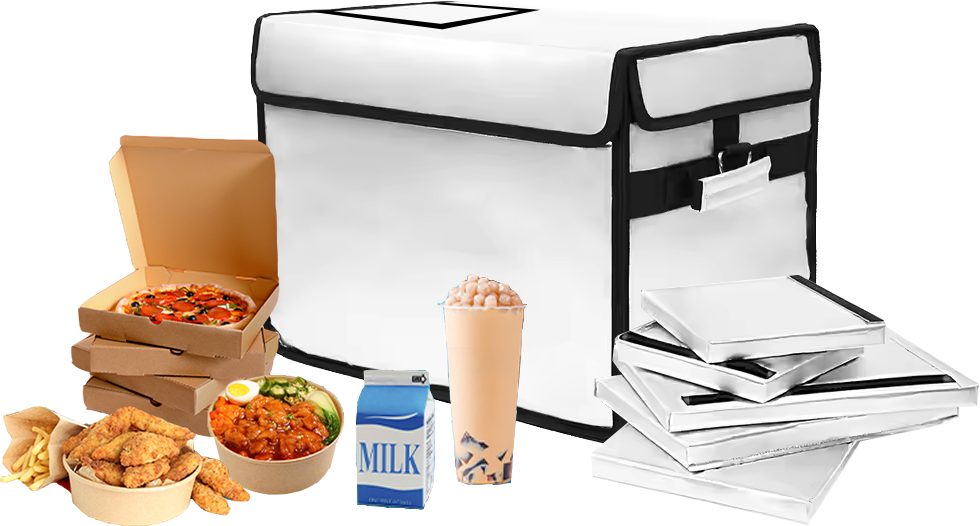In the competitive landscape of outdoor gear sourcing, placing an outdoor bag bulk order is not merely a transaction—it’s a strategic decision that impacts supply chain efficiency, brand consistency, and market responsiveness. For procurement managers and brand customizers, the process demands a partner who understands the intricacies of B2B operations, from rigorous compliance standards to scalable production. This article delves into the core considerations for businesses seeking reliable suppliers, with insights tailored to professionals responsible for sourcing custom outdoor bags. Weierken, as an industry player, exemplifies how a manufacturer can address these needs through specialized services and robust capabilities.
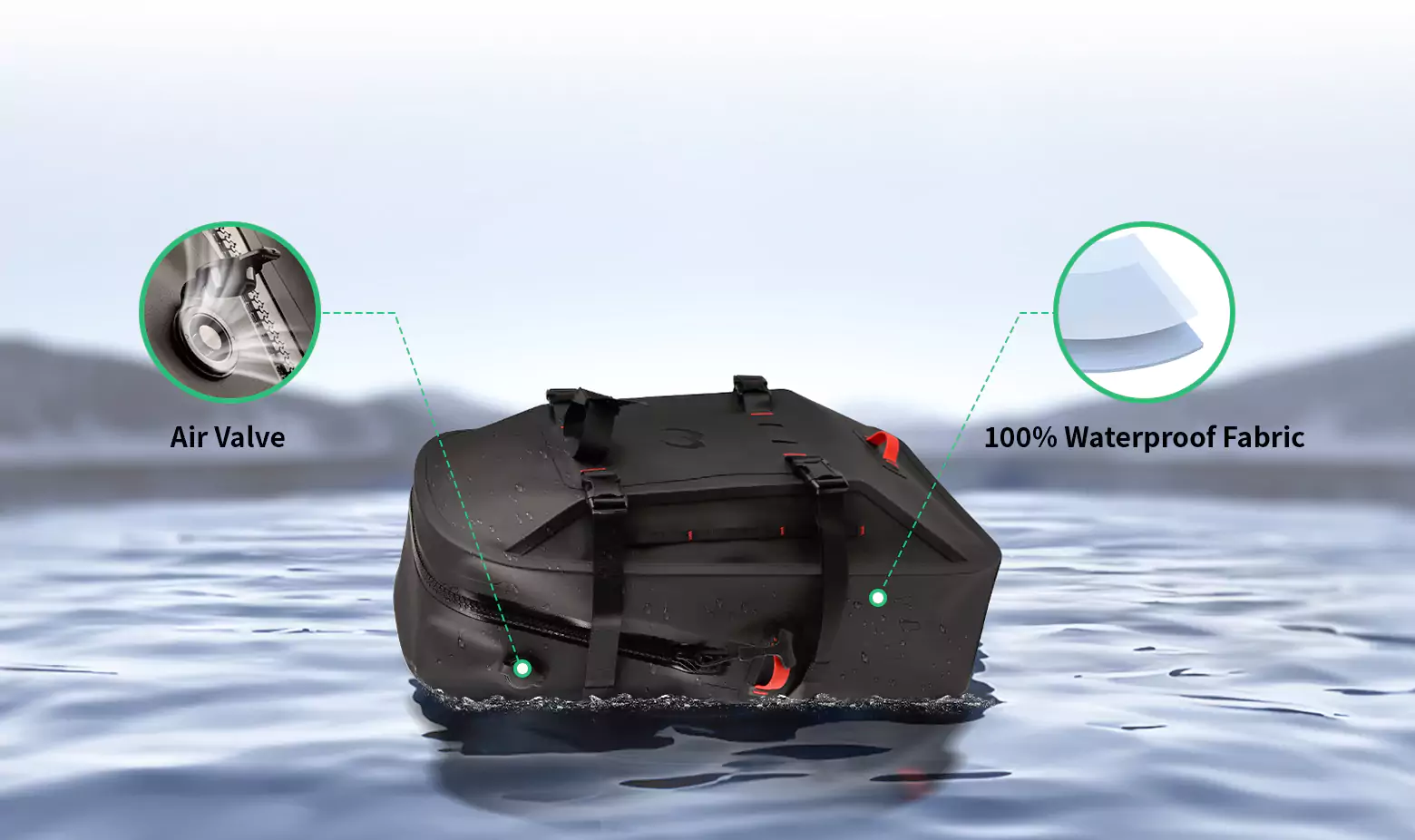
The B2B Imperative in Outdoor Bag Sourcing
For brands and distributors, an outdoor bag bulk order represents a critical investment in inventory that must align with seasonal demands, promotional campaigns, and retail expansions. Unlike consumer-focused purchases, B2B procurement hinges on factors like volume pricing, customization flexibility, and long-term partnership reliability. Common pain points include inconsistent quality across large batches, delays during peak seasons, and the complexity of adhering to international environmental regulations. For instance, a brand launching a sustainable product line might struggle to source RPET materials at scale while meeting tight deadlines. By focusing on these challenges, procurement teams can mitigate risks and optimize their supply chain for outdoor bags.
Core Procurement Elements for Outdoor Bag Bulk Orders
Research and Development Capabilities
A supplier’s R&D prowess is paramount in translating brand vision into market-ready products. This includes comprehensive market research to identify trends—such as the growing demand for multifunctional hiking packs—and design support to incorporate unique features like modular compartments or ergonomic straps. For outdoor bag bulk order projects, OEM and ODM services allow brands to leverage existing designs or develop entirely custom solutions. Weierken, for example, offers iterative prototyping with rapid turnarounds, enabling clients to refine samples based on material durability tests (e.g., 500D nylon versus 600D polyester) and user feedback before mass production. This reduces time-to-market and ensures the final product resonates with target audiences.
Environmental Compliance and Sustainability
Sustainability is no longer optional; it’s a competitive advantage in B2B partnerships. Procurement teams must verify suppliers’ adherence to standards like REACH (for chemical safety), GRS (Global Recycled Standard) for recycled materials, and BSCI (Business Social Compliance Initiative) for ethical labor practices. The use of RPET (recycled polyethylene terephthalate) in outdoor bags, for instance, appeals to eco-conscious brands but requires certified supply chains. Weierken integrates these elements by sourcing GRS-certified fabrics and maintaining documentation for traceability. Additionally, aligning with circular economy trends—such as designing for disassembly—can future-proof outdoor bag bulk order agreements against regulatory shifts.
Production Timelines and Flexibility
Lead times can make or break a product launch, especially during high-demand periods like holiday seasons or outdoor festivals. A typical outdoor bag bulk order delivery cycle ranges from 25 to 65 days, depending on complexity and order volume. Suppliers with robust capacity—such as Weierken’s ability to handle orders of 10,000+ units—can accommodate (peak-season replenishments) without compromising quality. Key factors influencing timelines include material sourcing (e.g., waterproof zippers from specialized vendors) and production phases like cutting, sewing, and quality checks. By planning for contingencies, such as buffer stock for raw materials, brands can avoid costly delays.
Certifications and Quality Assurance
Certifications like ISO 9001 (for quality management systems) and FDA (for food-contact materials in insulated bags) provide assurance of product safety and consistency. For outdoor bags, these standards validate durability under stress tests—e.g., seam strength exceeding 200N—and compliance with industry norms. Weierken’s BSCI audit reports, for instance, offer transparency into factory conditions, which is crucial for brands prioritizing corporate social responsibility. When evaluating suppliers for an outdoor bag bulk order, verify that certifications are current and cover the specific product categories, such as backpacks or duffels.
Leveraging Weierken for Your Bulk Order Strategy
Weierken stands out by aligning its services with the above procurement elements. From initial concept to delivery, their team provides end-to-end support, including CAD designs for customization and stress-testing prototypes for water resistance (e.g., IPX4 ratings). For brands exploring outdoor bag bulk order opportunities, Weierken’s ODM options allow for logo integration and color matching without minimum order constraints in some cases. Their production facilities, equipped with automated cutting machines, ensure precision in high-volume runs, while compliance with REACH and GRS underscores a commitment to sustainability. By partnering with Weierken, businesses can streamline sourcing and focus on core competencies like marketing and distribution.
In summary, a successful outdoor bag bulk order hinges on a supplier’s ability to blend innovation, compliance, and operational agility. For procurement professionals, prioritizing these elements minimizes risks and enhances brand value. Weierken’s integrated approach—from R&D to certified production—offers a blueprint for effective B2B collaboration. As the outdoor industry evolves, leveraging such partnerships will be key to staying ahead in a dynamic market.
Frequently Asked Questions (FAQs)
Q1: What is the typical minimum order quantity (MOQ) for an outdoor bag bulk order with Weierken?
A1: MOQs vary based on design complexity and materials, but Weierken generally requires a minimum of 500 units per SKU for standard customizations. This can be negotiated for larger volumes or ongoing partnerships.
Q2: How does Weierken ensure material quality in bulk production?
A2: Weierken conducts rigorous inbound inspections of raw materials (e.g., fabric tensile strength tests) and in-process checks during sewing and assembly. They also provide material certificates, such as for RPET, upon request.
Q3: Can Weierken accommodate urgent orders during peak seasons?
A3: Yes, Weierken maintains flexible production lines and raw material reserves to handle (peak-season replenishments). Urgent orders can often be delivered within 25–30 days, depending on existing commitments.
Q4: What sustainability certifications does Weierken hold for outdoor bags?
A4: Weierken complies with GRS for recycled materials, REACH for chemical safety, and BSCI for social accountability. They can also support brands in obtaining specific certifications for target markets.
Q5: How does the OEM/ODM process work for custom designs?
A5: Clients share their requirements, and Weierken’s R&D team creates prototypes based on market research. Iterations are made through 2–3 sample rounds, with feedback incorporated before finalizing the outdoor bag bulk order for production.
